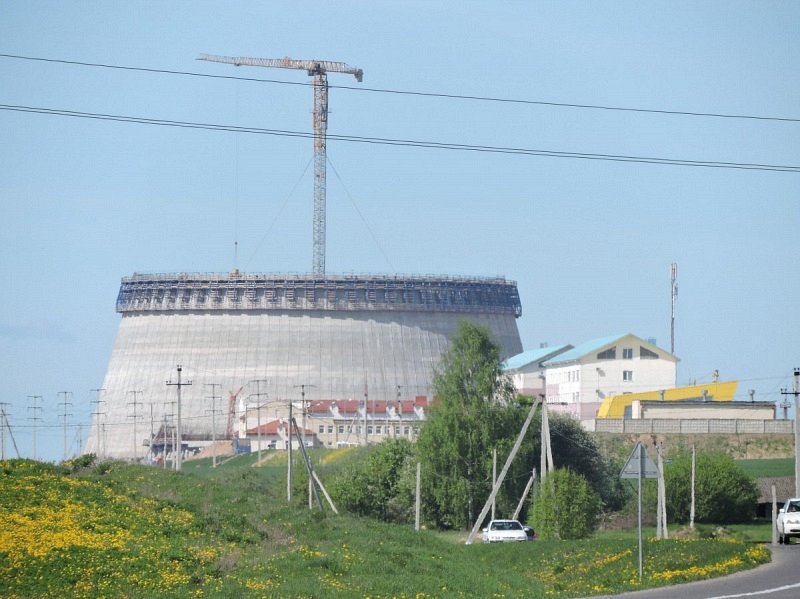By Tsarizm Staff | June 16, 2020

Image by Стэльмах Аляксандр Мікалаевіч
The feud is still raging between the Baltic nation of Lithuania and the smaller half of The Union State — Belarus, over the Astravyets nuclear power plant which will soon be online producing electricity in the Baltic region. The Lithuanian government has gone so far as to draft a law preventing power from the facility from entering the common EU market in the Baltics.
Lithuania deems the facility unsafe and worries about a Chernobyl type incident in the region.
MORE NEWS: Are You a Turkey Hater? You’re Not Alone.
“We need to do everything until the coordination period to make sure that electricity from this power plant could technically not enter the Lithuanian market. A methodological change is also planned for that and I hope we will be able to endorse it together with the political declaration, but that’s a common decision of Lithuania, Latvia, Poland and the European Commission,” Skvernelis told journalists at the parliament on Tuesday, wrote The Baltic Times.
“I hope it will be done. Breaking partners and neighbors’ arms is definitely not that path, despite some proposals that we should do that,” he added.
A draft agreement, produced by the Lithuanian Energy Ministry’s, on the entry of electricity produced in Astravyets into the Baltic states’ markets has sparked discussion in recent weeks as it does not oblige Latvia and Estonia not to buy electricity from Astravyets, added The Baltic Times.
- American Bolsheviks Have Started Their Revolution…Patriots It’s Time To Defend Our Nation From Communism
- Hot Political Summer In Belarus
This piece originally appeared on Tsarizm.com and is used by permission.
The opinions expressed by contributors and/or content partners are their own and do not necessarily reflect the views of Steve Gruber.
Join the Discussion
COMMENTS POLICY: We have no tolerance for messages of violence, racism, vulgarity, obscenity or other such discourteous behavior. Thank you for contributing to a respectful and useful online dialogue.